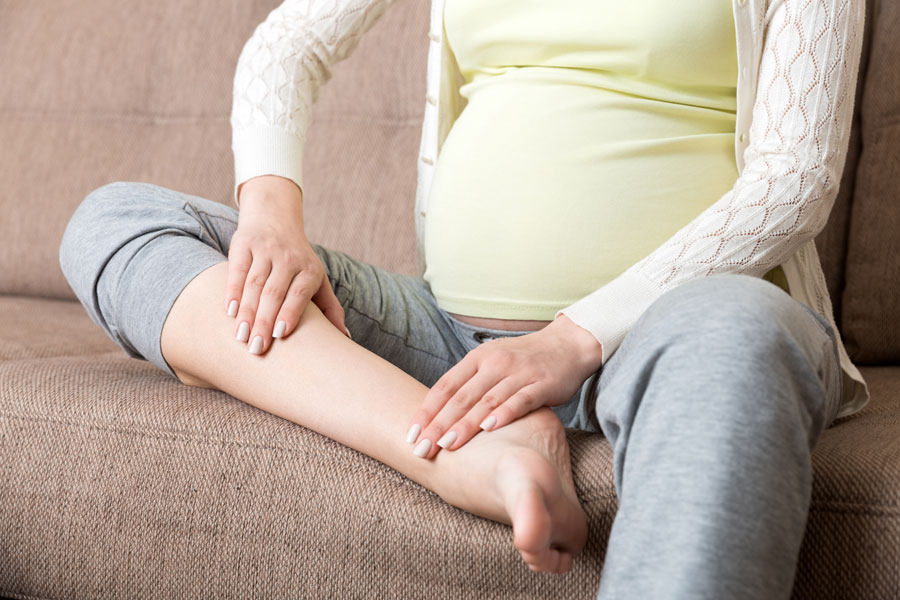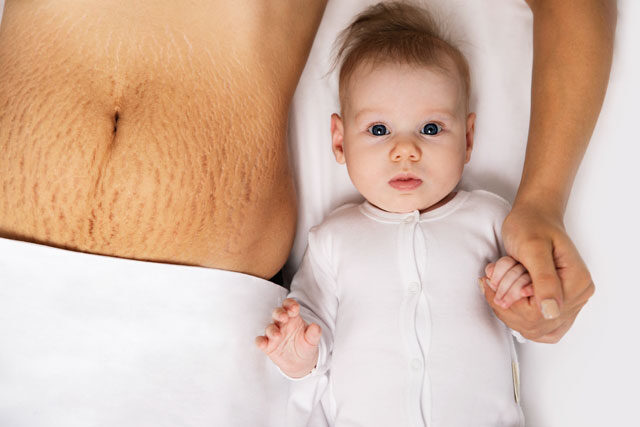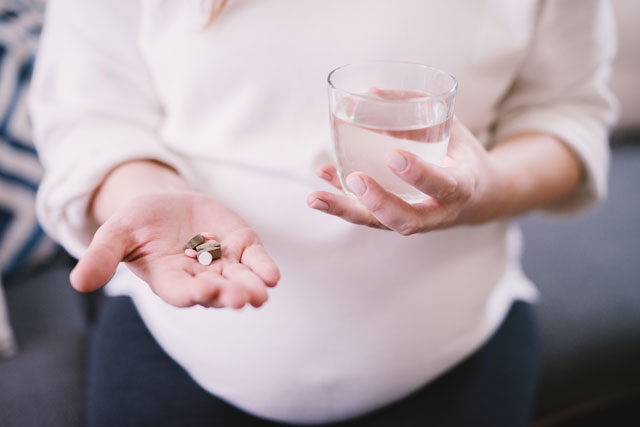The joyful experience of bringing a new life to the world comes with a lot of aches and pains. When bearing a child, the body is going through a lot of significant changes, and, as all significant changes often are, it is quite uncomfortable.
Joint pain is very common in pregnancy. The woman may notice that joints in her elbows, knees, and fingers feel hot, tingly, and swollen. It can be painful to move or to stretch, and a dull ache in the lower back is also possible. Ignoring joint pain during pregnancy will affect the future mother’s quality of life and, possibly, mental health. Pregnancy can be quite stressful, so do not add to the list of things you need to endure, and consult your doctor if you feel some of those symptoms. It is not arthritis, it does not harm your baby, it will likely pass after delivery, and it is to a certain extent preventable and very treatable.
What causes pregnancy joint pain
There are two primary reasons why pregnant women develop pelvic girdle pain which affects up to 20% of expectant mothers, carpal tunnel syndrome (from 31% to 60%), knee pain, and other kinds of joint-related aches.
Increased load on the musculoskeletal system
The added weight of the expanding uterus with a fetus affects everything in you your body, including bones, muscles, tendons, and joints. It is an unavoidable mechanical stress. The growing baby also puts more load on the round ligaments that support the uterus and connect it to the pelvis. Throughout the pregnancy, they keep stretching, causing sharp and sudden pain flashes.
The increased weight will also cause inevitable posture changes that are connected to the shifted gravity center in your body. It will put significantly more load on the previously unaffected and, thus, unprepared pelvic muscles and tendons.
Relaxin
There is a hormone called relaxin that is periodically released after every ovulation by the corpus luteum, a specific ovary gland. This process is a part of the organism preparing for conception. If the woman does not get pregnant, the level of relaxin drops till the next cycle. However, if conception did occur, it keeps rising.
For the first trimester, relaxin is needed to have the placenta growing, prevent premature contractions, and ensure that the baby safely develops inside the uterus. Relaxin undergoes a shift in function at the beginning of the ninth month of pregnancy before the baby drops and the woman gives birth, helping to relax the pelvic ligaments.
The relaxation of the connective tissues within the joints makes it possible for the pelvic bones to open during labor, so the baby can come out. However, the increased joint flexibility creates extra movement for all the surrounding muscular and connective tissues, making them overworked, swollen, and aching.
Treatments options
The fastest and simplest way to reduce any painful sensation is by taking an anti-inflammatory pill, like acetaminophen, aspirin, or ibuprofen. However, the medication intake of pregnant has to be extremely careful and opted for only when all the other methods have proven to be insufficient.
Natural ways to reduce joint pain include:
- Contrast temperatures (hot and cold) therapy. You may put a heating pad, an electric blanket, or, on the contrary, an ice pack on the painful area.
- Stretching and relaxing will make the joints more flexible so they have a better motion range.
- Getting support. Wear specific orthopedic shoes and use a belly band to ease the strain on your body.
- Getting rest. Your body gets much more work than usual, so do not forget to give it more time for recovery.
- Massage. It will reduce all the unpleasant sensations, warm up the painful area and make it less stiffy.
- Manual therapy, like acupuncture, has been known to alleviate joint pain. Remember to consult your doctor before getting any invasive therapy.
- Supplements. Some herbal and Omega-3 supplements may reduce the inflammation processes in the body. Be careful not to take anything before getting full approval from your healthcare provider.
Joint pain prevention
Unfortunately, it is impossible to fully prevent your body from all the stress, strains, and pains caused by pregnancy. However, you absolutely can prepare your knees, pelvic muscles, and all the tendons for pregnancy by staying active and taking low-action exercise sessions, e.g.swimming, yoga, or pilates. Not only will this make your body more ready for the changes ahead, but sports will also help you to control weight gain which is a primary reason for pregnancy joint pain in the first place.




